Dispute Resolution
Imagine two business partners at a crossroads, each convinced their solution is best, yet their disagreement threatens the very foundation of their collaboration. Dispute resolution—the art and science of conflict management—steps in as a quiet mediator, turning heated debates into opportunities for cooperation. In a world where opposing views are inevitable, mastering dispute resolution techniques is not just a professional asset but a vital life skill. Let’s explore how the right approach can transform even the most stubborn conflicts into springboards for growth.
Types of Dispute Resolution Methods
Dispute resolution methods can differ significantly in terms of approach and formality. Negotiation allows the parties to address their disagreements directly and seek a resolution without the involvement of a third party. Mediation, on the other hand, provides a neutral facilitator who helps open communication channels and guides the parties toward a mutually acceptable agreement. Arbitration involves an impartial arbitrator who listens to both sides and issues a binding or non-binding decision, depending on the parties’ prior agreement. Finally, litigation represents the most formal process, where disputes are resolved through the court system and a judge or jury delivers a final, enforceable decision. Each method offers unique advantages and is chosen based on the needs and preferences of the disputing parties.
Key Steps in the Dispute Resolution Process
At the outset of dispute resolution, it is essential to clearly identify and articulate the core issues between the parties involved. Typically, negotiation serves as the first step, providing both sides an opportunity to seek a mutually acceptable solution before any formal proceedings begin. If these negotiations fail, the parties often turn to alternative methods such as mediation or arbitration to reach a resolution. Ultimately, the process concludes when the agreed-upon solution is implemented or a final decision is rendered, officially resolving the dispute and allowing both parties to move forward.
Choosing the Right Dispute Resolution Approach
Choosing the right dispute resolution approach can significantly save time and resources for all parties involved. The nature of the dispute and the relationship between the parties should always guide the selection of the most appropriate method. Legal, cultural, and financial considerations play a critical role in shaping an effective dispute resolution strategy, ensuring that the chosen approach aligns with the unique circumstances of the conflict. When tailored to the specific needs and sensitivities of those affected, the likelihood of achieving a satisfactory and sustainable outcome increases considerably. Ultimately, a personalized strategy not only resolves the issue efficiently but also helps preserve relationships and prevent future conflicts.
Benefits of Effective Dispute Resolution
Effectively resolving disputes not only saves valuable time but also significantly reduces legal costs for all parties involved. Such processes promote collaboration and mutual understanding, supporting the maintenance and even strengthening of professional relationships. Prompt and efficient conflict management delivers timely outcomes, minimizing stress and emotional tension. Moreover, when each participant feels heard and respected throughout the process, a strong sense of fairness and overall satisfaction is fostered, enabling all parties to move forward with trust and confidence.
Common Challenges in Dispute Resolution
A major barrier to effective dispute resolution is often poor communication between parties, which can lead to further misunderstandings and prolong the conflict. When cultural and language differences are present, these challenges become even more pronounced, making it difficult for participants to fully grasp each other’s perspectives and reach common ground during negotiations. Emotions can also run high, with strong feelings escalating tension and making compromise increasingly difficult. In some cases, the absence of clear legal frameworks or established procedures creates uncertainty about rights and obligations, further complicating and delaying the resolution process. Together, these obstacles highlight the importance of promoting clear communication, cultural sensitivity, and well-defined rules to facilitate successful conflict resolution.
Effective dispute resolution is a multifaceted process that greatly benefits from carefully selecting the most appropriate methods based on the nature of the conflict and the needs of the parties involved. Whether through direct negotiation, the facilitation of a neutral mediator, a binding or non-binding decision by an arbitrator, or formal litigation, each approach offers distinct advantages and challenges. By following a structured process, clearly identifying core issues, and remaining sensitive to cultural and emotional dynamics, parties can overcome common obstacles such as miscommunication and procedural uncertainties. Ultimately, a well-chosen and effectively implemented dispute resolution strategy not only resolves immediate conflicts but also preserves relationships, fosters mutual trust, and lays the groundwork for future collaboration. This holistic approach ensures that all parties feel heard, respected, and empowered to move forward constructively.
Reliable Legal Solutions, Professional Support.
Why Choose Us?
Uzman Hukuk Ekibi: Alanında uzmanlaşmış avukatlarımız, müvekkillerimize geniş bir hukuki perspektiften danışmanlık hizmeti sunar.
Çözüm Odaklı Yaklaşım: Hukuki zorluklara çözüm odaklı yaklaşarak, etkili ve sürdürülebilir çözümler üretiriz.
Müvekkil Memnuniyeti: Müvekkillerimizin memnuniyeti ve ihtiyaçları bizim için önceliklidir. Her durumda müvekkillerimize özel çözümler sunarız.
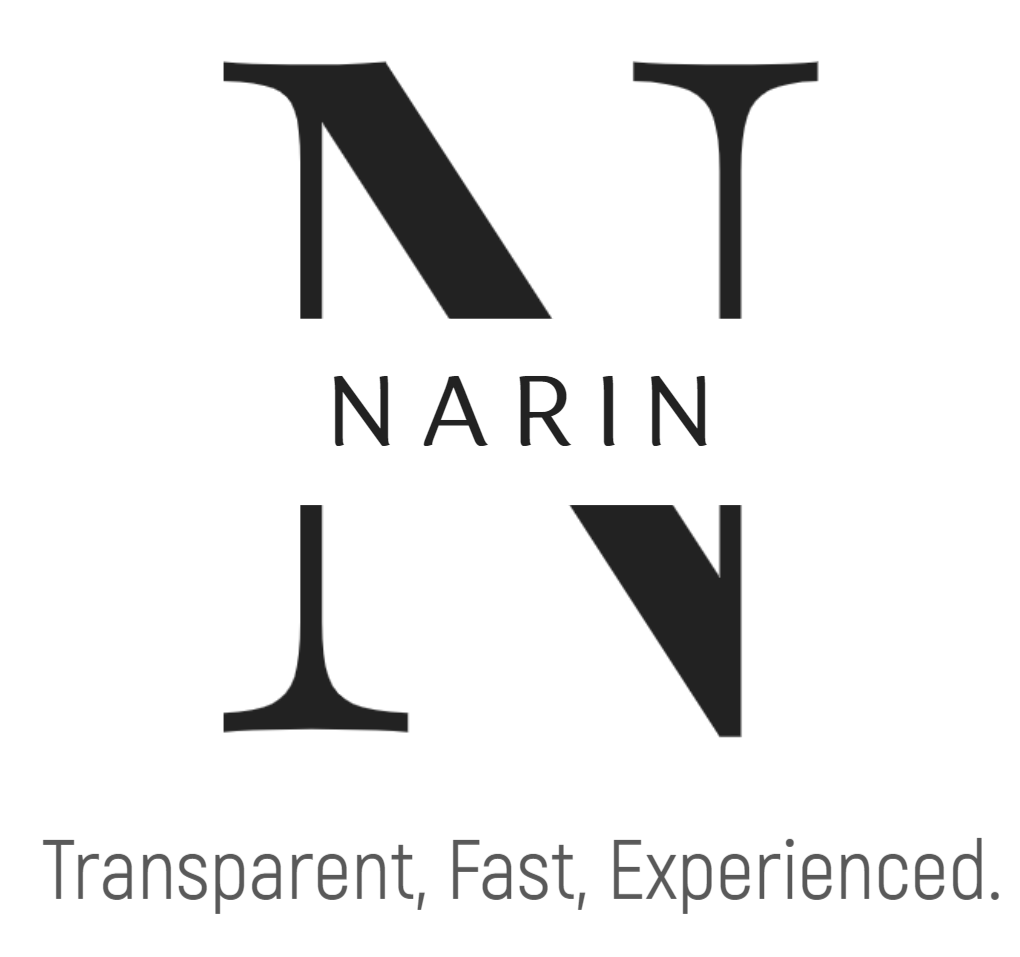
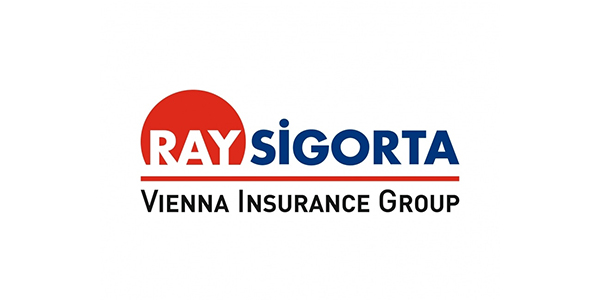

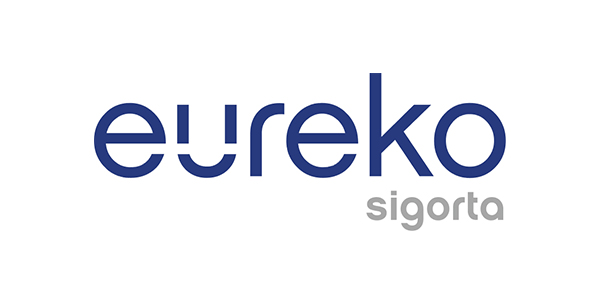
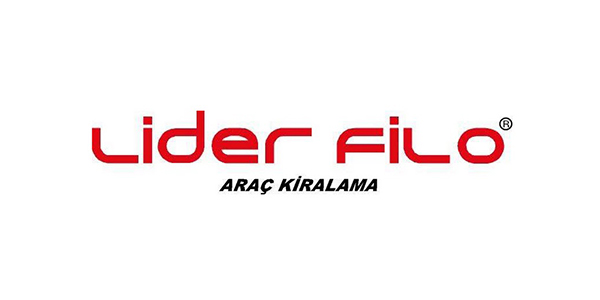
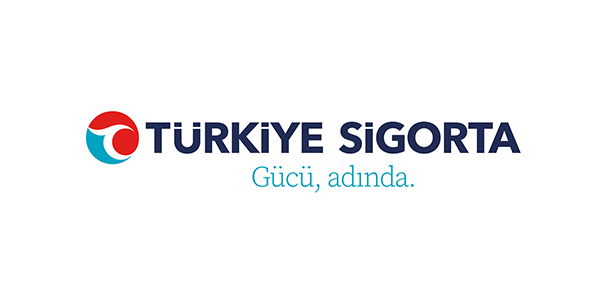
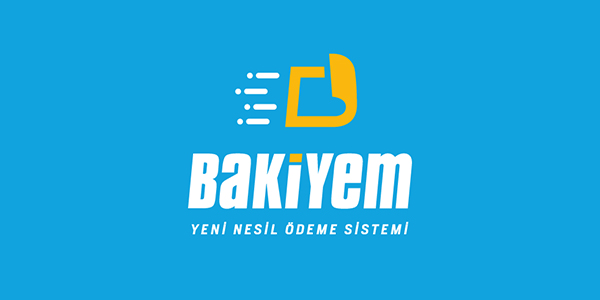
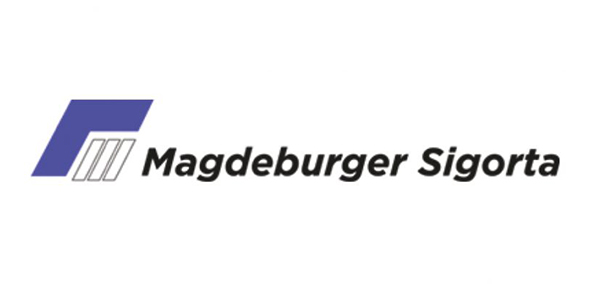
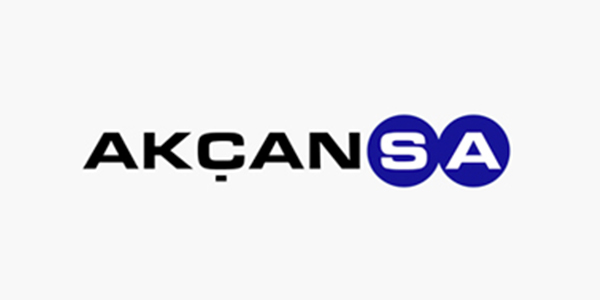
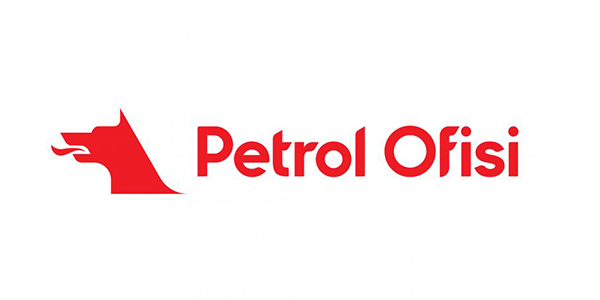
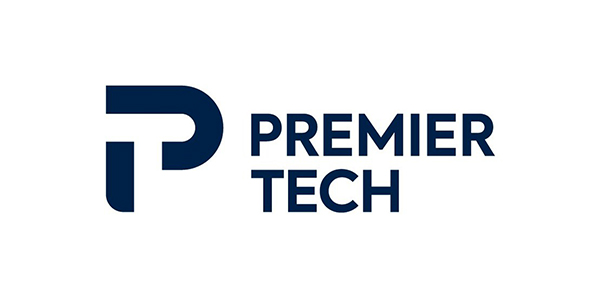
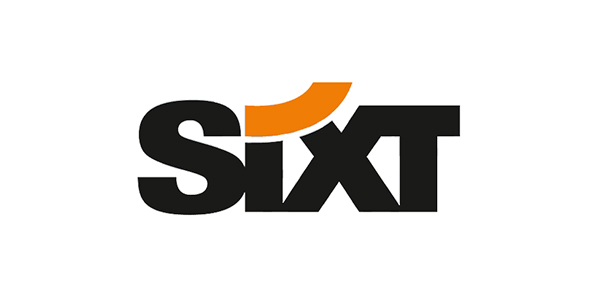
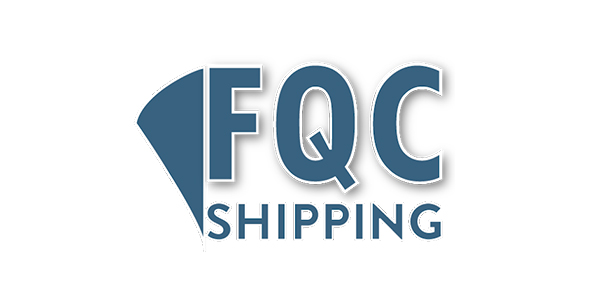
“We are here to support you with any issues related to family law. Contact Narin Legal to legally secure your family relationships and find fair solutions.”